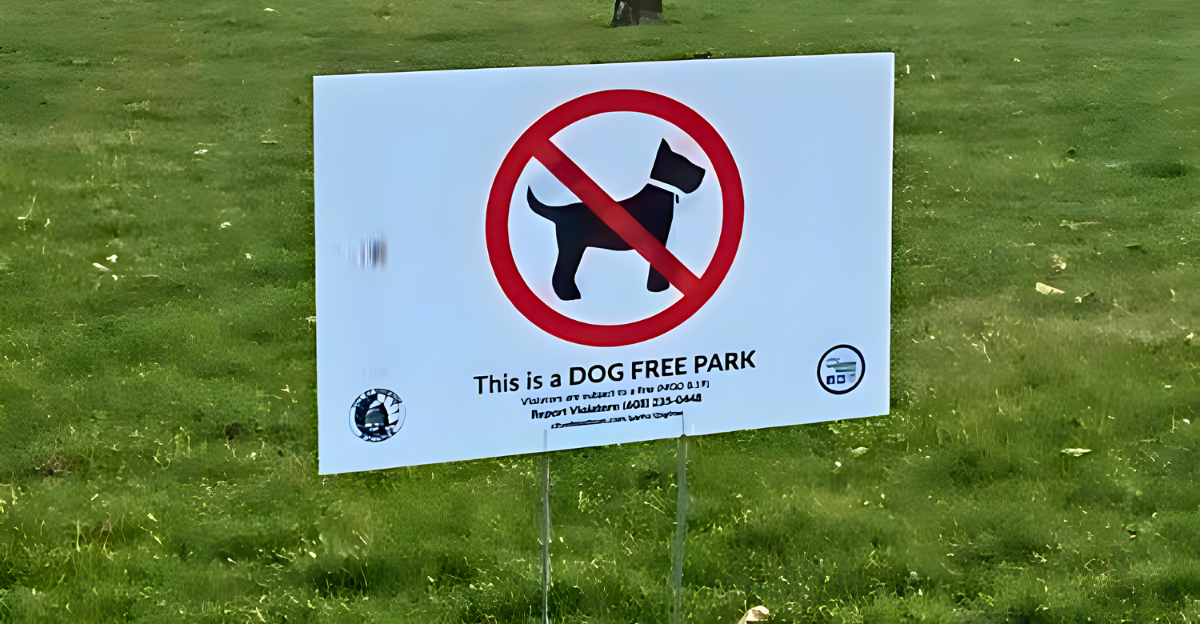
Owning a dog is an amazing joy for the right people, but in some places, it might not be such a good idea. Depending on the city you live in, adopting a canine could be a logistical, financial, or emotional nightmare.
This scenario can stem from a mixture of issues, such as high costs, restrictive laws, limited green space, poor infrastructure, and ultimately unsupportive communities.
Some dog owners can be back into corners due to restrictive regulations and neighbors. Dogs deserve an environment where they can be physical stimulations and emotionally secure, but some cities may not be able to provide this environment for your pooch.
Milwaukee
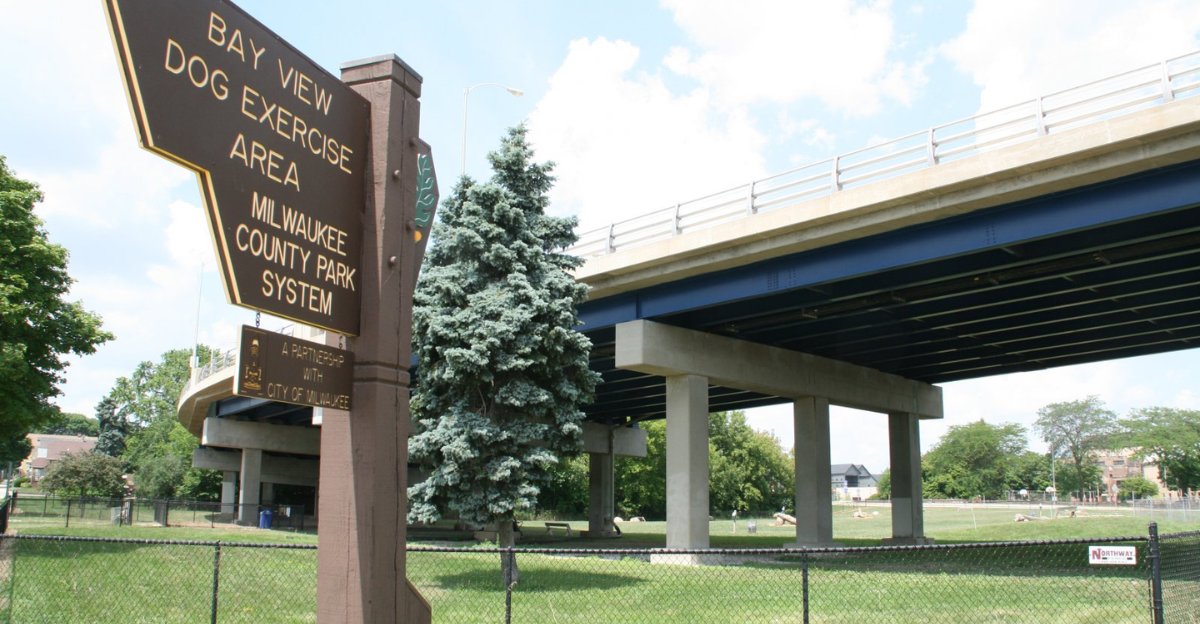
Milwaukee lacks a lot of infrastructure for dog owners. There are only six off-leash dog parks, including Currie, Estabrook, Granville, Bay View, Roverwest, and Warnimont Parks. These parks have to be shared by nearly 600,000 residents.
Currently, the city is developing a new downtown dog park, which may help this issue. However, the ratio of dog parks per capita remains low compared to many other nearby cities, which limits the opportunities for dogs to socialize and exercise freely.
Indoor dog daycare facilities do provide alternatives but are costly to owners and add inconvenience, highlighting the challenges for off-lead exercise opportunities in the city.
Memphis
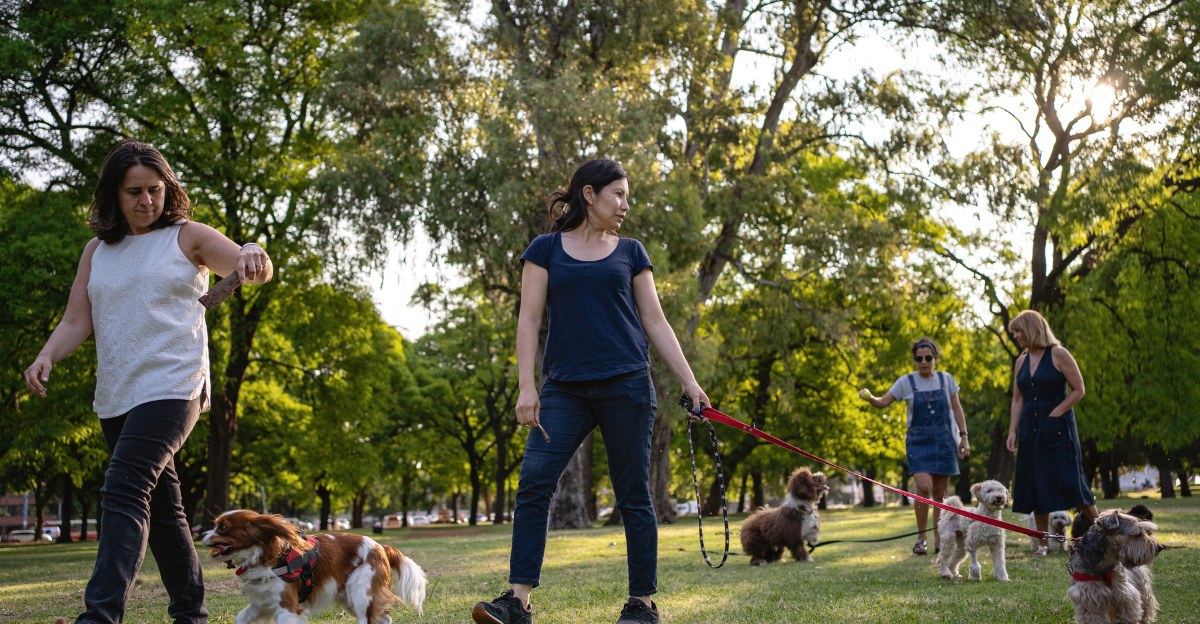
Memphis is another city that could be a challenging place for dog owners mostly due to economic factors. The city has a high poverty rate, which means that many residents can’t afford the costs of owning a dog, including healthcare, food, and licensing.
This strain has led to many pet surrenders and lower owner satisfaction, showcasing that it is difficult to be a dog owner in the city.
While Memphis has a lot of room for dogs, the scarcity of affordable resources tied to dog ownership creates a burden on those looking to adopt.
Los Angeles

Los Angeles has an extremely high cost of living, which goes for pet ownership as well. Veterinary care, grooming, and pet supplies in the city are some of the most expensive across the entire country.
While the city does have a lot of dog resources, including over 70 dog parks, the huge population also dilutes these services.
Dense housing means there aren’t many properties with yards large enough for dogs to thrive in – these factors would restrict their exercise severely. Walking a pet is also challenging with urban foot and car traffic, coupled with lengthy walks from large urban areas to dog parks.
Detroit

Detroit has experienced a long and complex economic decline over the last few decades. This has impacted not only normal residents’ lives but also their ability to responsibly own pets.
High poverty rates limit the ability to afford basic care that domestic pets require, such as veterinary services and food with proper nutrition. Animal shelters take in a large number of dogs and can become overwhelmed with stray or surrendered animals.
All of these issues, combined with the lack of accessibility to pet services, mean that canine welfare can be precarious in this city.
New York City
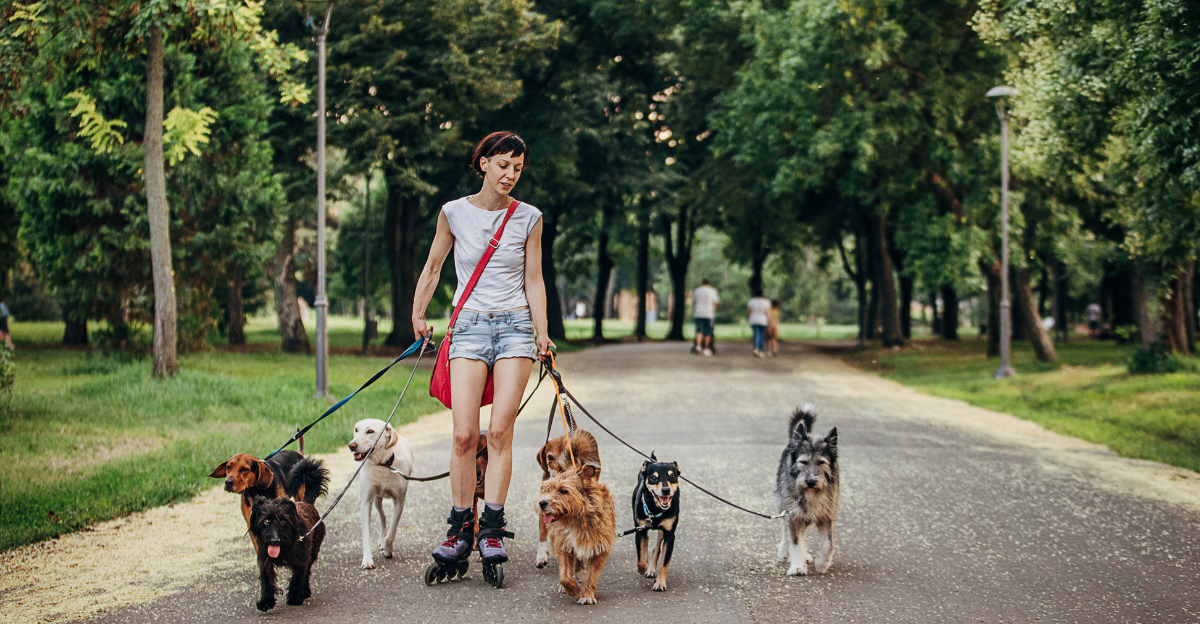
New York City has an extreme population density and expensive housing costs, which often leave little space for yards.
These factors force many dog owners to rely on public parks, which can be cramped due to the sheer number of people in the city. The city has strict leash laws, and building regulations often restrict access to dogs.
Walking a canine in New York means navigating crowded sidewalks and busy streets to get to one of the many parks, which could put undo stress on your pet.
Seattle
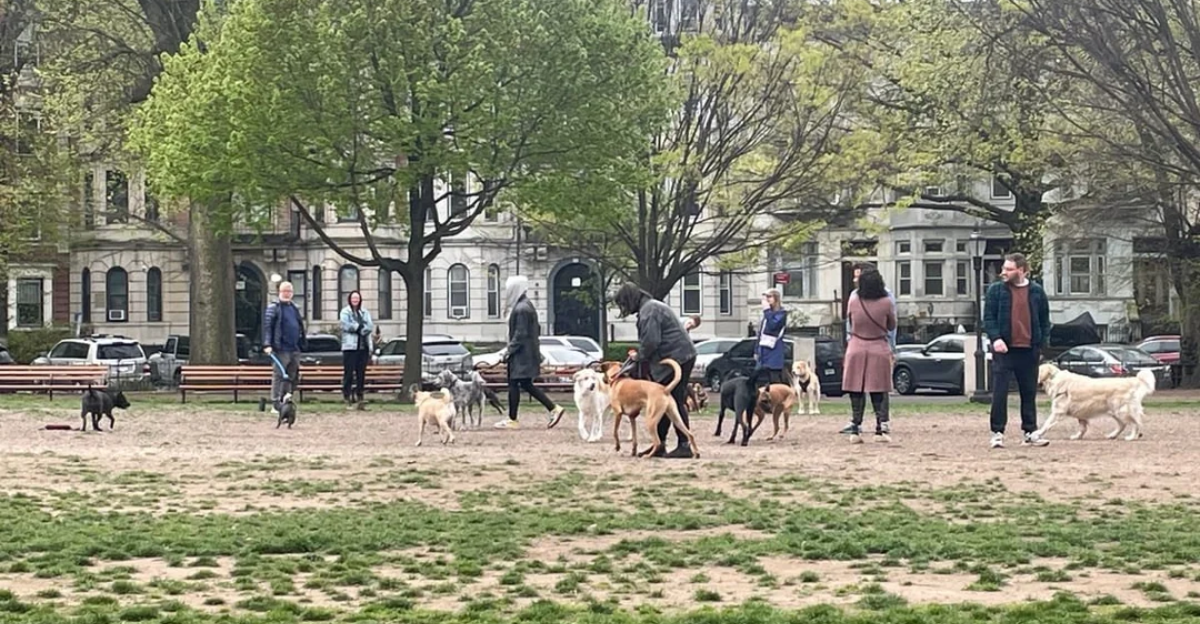
Seatle’s dog community has appeared to face challenges in the past with its reputation, as there are often complaints involving off-leash dogs, barking, and dog waste in public spaces. These complaints could imply an inconsistent enforcement of leash laws and that dog owners have a lack of responsibility.
This can result in tension between dog owners and other residents. This creates an unpredictable environment that complicates the experience of owning a dog in the city.
These incidents could be isolated and not reflect the broad experience of dog ownership in Seattle, as among the positives, the city has 70% of rentals accepting pets.
Boston

Boston is one of the most expensive cities when it comes to dog ownership. All costs associated with owning a dog are inflated, including essential resources such as food and veterinary care.
Boston’s veterinary costs alone are enough to deter many dog owners from settling down in the city or prospective dog owners adopting a pet while feeling like its a responsible decision.
The city also has strict pet policies in many rental units, meaning that many citizens can’t adopt a dog even if they want to. On the flip side, for those who can afford the inflated costs and have the proper homes for them, Boston supports numerous parks and dog-friendly areas.
Santa Ana

Santa Ana has a few factors that may deter dog owners, such as dog parks’ availability being restricted depending on the area they live in. In some areas, access to a nearby, dog-friendly park may limited, meaning dog owners will have to drive far to find one.
Other factors include many houses with small yards that aren’t ideal for pets and not as many dog amenities as in many other cities.
This can be enough of a deterrent for many pet owners, leading them to look to other places to move to.
Cleveland
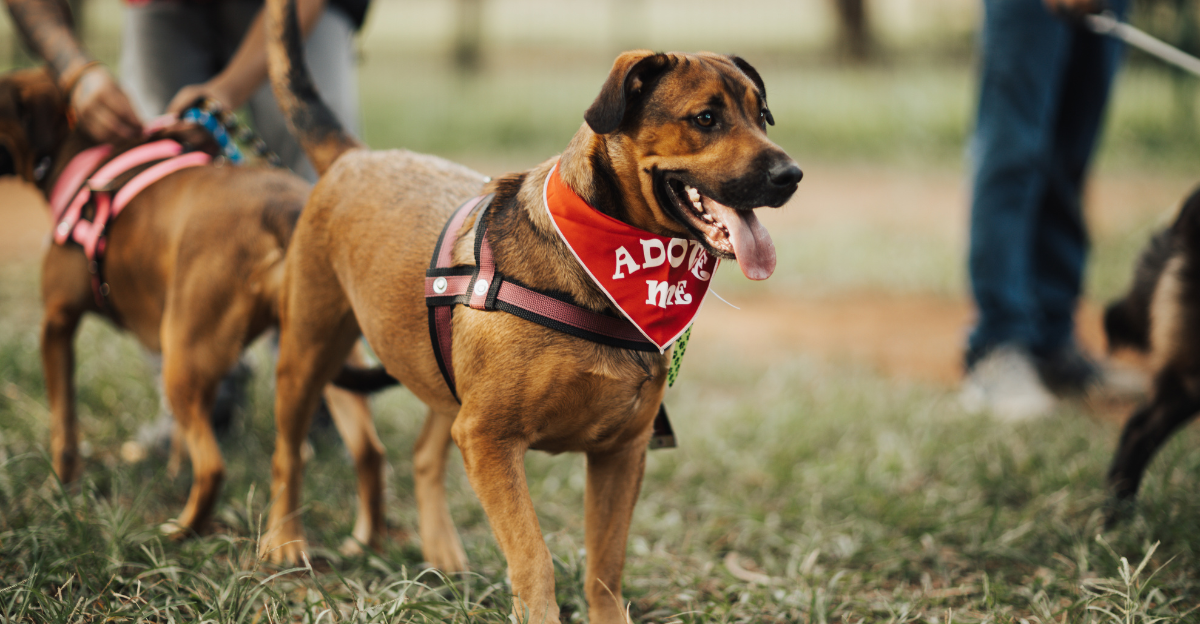
Cleveland has several problems for dogs and their owners, including long winters that create hazardous conditions and limit outdoor activities. The city’s industrial past also poses a risk for dogs who like to dig or play outside, with many owners having concerns about soil contamination.
Cleveland’s urban environment includes busy streets, and housing rentals may restrict dog owners from finding a home altogether.
Veterinary supplies and care may also be limited for residents who live in impoverished conditions, meaning that owning a dog may not be a responsible choice for many.
Explore more of our trending stories and hit Follow to keep them coming to your feed!

Don’t miss out on more stories like this! Hit the Follow button at the top of this article to stay updated with the latest news. Share your thoughts in the comments—we’d love to hear from you!







